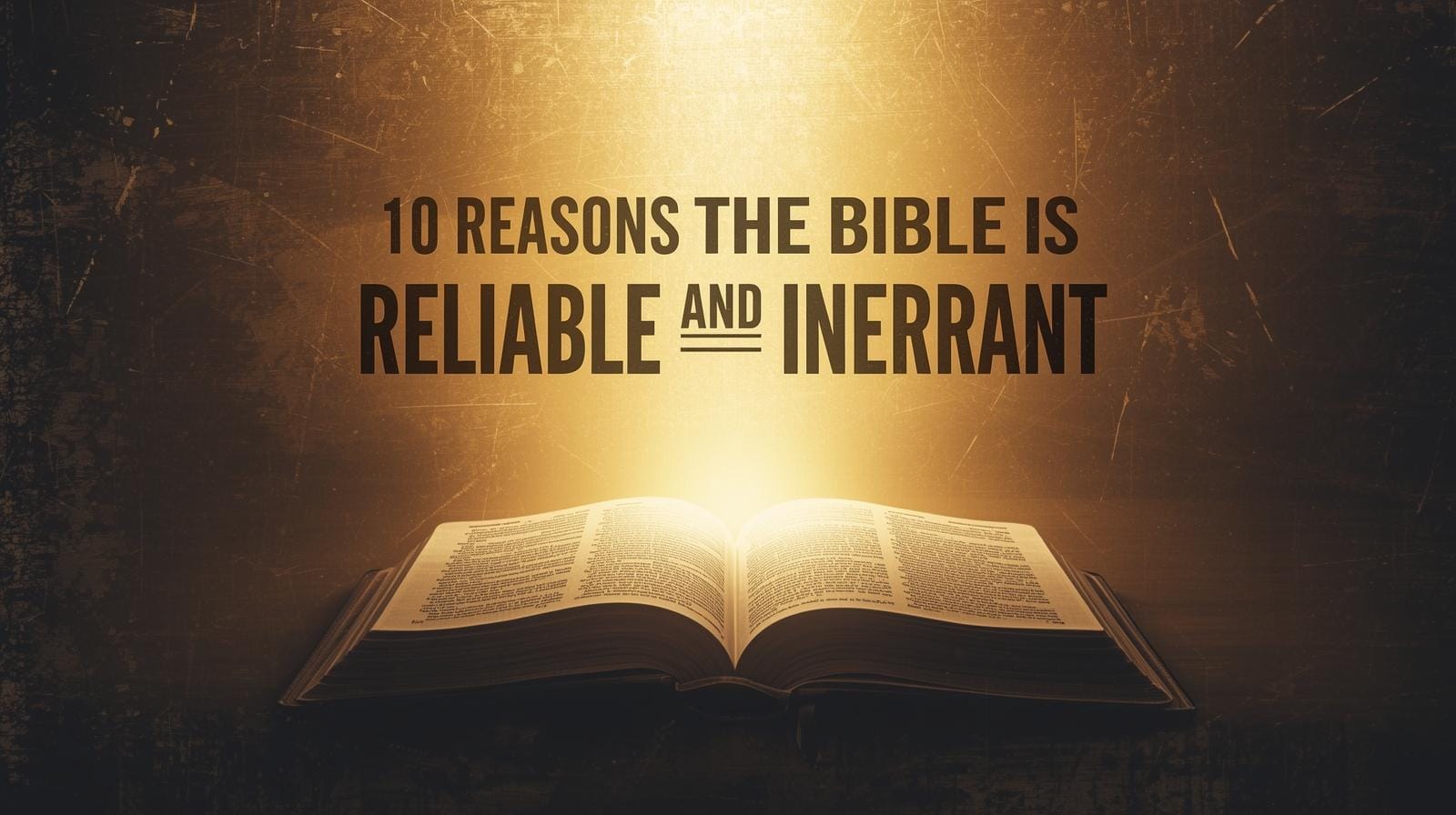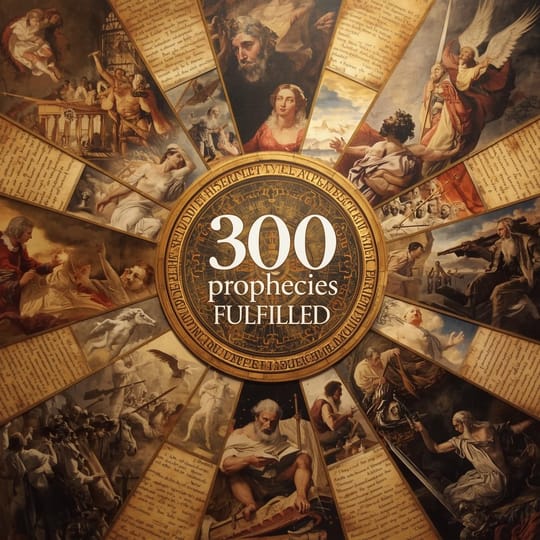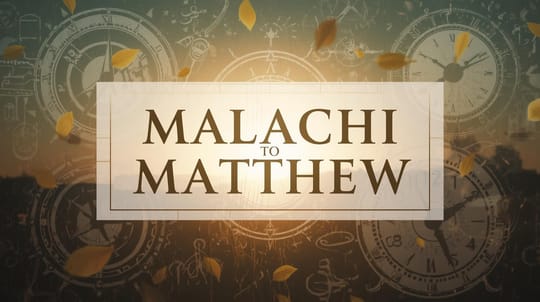Few books in history have been examined, scrutinized, and challenged as intensely as the Bible. And yet, century after century, its credibility has proven remarkably durable. Whether you are a longtime Christian or someone exploring faith, understanding why the Bible is trustworthy is foundational for building a biblical worldview.
The point of this post is to remind all Christians that the Bible is more valuable than we can imagine. It is from God. It has been written to us.
1. Unmatched Manuscript Evidence
No other ancient document comes close to the Bible in terms of the quantity, quality, and consistency of its manuscripts.
Evidence:
- Over 5,800 Greek manuscripts, 10,000 Latin manuscripts, and 19,000+ copies in other languages make the New Testament the most attested ancient document in the world.
- Many manuscripts date extremely close to the original writings (some within decades).
- When scholars compare manuscripts, the agreement rate is over 99%.
Why This Proves Reliability:
The vast number and closeness of manuscripts make it possible to reconstruct the original text with extreme confidence.
2. Archaeology Continually Confirms Biblical History
Far from disproving the Bible, archaeology consistently supports it.
Evidence:
Discoveries include:
- The Tel Dan Stele confirms King David’s historical existence.
- The Dead Sea Scrolls, demonstrating the preservation of the Old Testament.
- The Pool of Bethesda and Pool of Siloam, once thought fictional, now confirmed by excavations.
- Historical figures like Pontius Pilate, Caiaphas, and Herod verified by inscriptions and relics.
Why This Proves Reliability:
Archaeology repeatedly affirms that the biblical writers recorded real people, places, and events—not myths or legends.
3. Fulfilled Prophecy on a Scale Seen Nowhere Else
No other religious text contains specific, detailed prophecies fulfilled centuries later.
Evidence:
- Over 300 prophecies about the Messiah were fulfilled in Jesus (e.g., birthplace, lineage, method of death).
- Prophecies about cities such as Tyre, Nineveh, and Babylon came true exactly as predicted.
- Daniel’s prophetic timeline aligns with historical empires (Babylon, Persia, Greece, Rome).
Why This Proves Reliability:
Accurate long-range prophecy requires divine inspiration. Human guessing cannot account for this precision.
4. Internal Consistency Across 1,500 Years
The Bible is one unified story despite being written by more than 40 writers in multiple cultures and languages.
Evidence:
- From Genesis to Revelation, the Bible reveals one storyline: creation, fall, redemption, and restoration.
- There are no contradictions that cannot be explained through context, translation, or literary genre.
- Jesus’ life and teachings perfectly fulfill Old Testament themes.
Why This Proves Reliability:
A diversity of authors writing in harmony suggests a single divine Author guiding the entire work.
5. The Bible’s Historical Accuracy Has Withstood Scrutiny
Historians—Christian and non-Christian—affirm the careful historical methodology of biblical authors.
Evidence:
- Luke’s Gospel is considered one of the most accurate ancient historical writings ever examined (confirmed by historian Sir William Ramsay).
- The Old Testament’s cultural details align with ancient Near Eastern discoveries.
- Genealogical records are precise, structured, and consistent across texts.
Why This Proves Reliability:
The Bible is not mythological or legendary but anchored to verifiable history.
6. The Bible’s Scientific Accuracy Anticipates Later Discoveries
Though not a scientific textbook, the Bible records truths ahead of their time.
Evidence:
Examples include:
- The universe having a beginning (Genesis 1:1) — confirmed by the Big Bang model.
- The earth suspended “on nothing” (Job 26:7).
- The hydrological cycle (Ecclesiastes 1:7; Job 36:27–28).
- The value of sanitation laws (Leviticus), thousands of years before germ theory.
Why This Proves Reliability:
The biblical writers describe natural phenomena accurately long before modern science developed tools to measure them.
7. The Transforming Power of Scripture Across Cultures
For thousands of years, the Bible has changed lives, nations, and cultures in measurable ways.
Evidence:
- It inspired hospitals, universities, abolition movements, literacy campaigns, and human rights frameworks.
- Testimonies across every culture describe personal transformation through Scripture.
- Entire civilizations (from Europe to Africa to Asia) have been shaped by biblical teaching.
Why This Proves Reliability:
A book that continuously produces lasting spiritual and moral transformation bears the marks of divine origin.
8. The Preservation of the Biblical Text Is Miraculous
No other ancient book has been preserved with such accuracy for so long.
Evidence:
- The Masoretic Text, Septuagint, and Dead Sea Scrolls show remarkable consistency over thousands of years.
- Jewish scribes used extreme accuracy checks, counting letters and lines to prevent errors.
- New Testament scribes copied widely across regions—creating a “manuscript web” that makes intentional corruption impossible.
Why This Proves Reliability:
The extraordinary preservation of Scripture points to a sovereign God protecting His Word.
9. Jesus’ View of Scripture Was High and Authoritative
If Jesus affirmed the Bible’s truthfulness, Christians must take His view seriously.
Evidence:
Jesus said:
- “Your word is truth.” (John 17:17)
- “Scripture cannot be broken.” (John 10:35)
- He affirmed Noah, Jonah, Moses, and the prophets as historical and authoritative.
- He used Scripture as the final authority in temptation, debates, and teaching.
Why This Proves Reliability:
If Jesus is who He claimed to be, His endorsement establishes Scripture’s authority and reliability.
10. The Bible’s Survival Through Persecution Is Extraordinary
Empires, rulers, and movements have tried to destroy the Bible, yet it remains the world’s most influential book.
Evidence:
- Roman emperors ordered Scripture burned.
- Communist and totalitarian regimes have repeatedly banned or destroyed it.
- Voltaire predicted the Bible would be obsolete within 100 years—yet his home later became a Bible distribution center.
Why This Proves Reliability:
A book so hated yet so enduring reflects divine protection and supernatural resilience.
Bottom Line
The Bible is not just an ancient religious text—it is a historically verifiable, archaeologically supported, prophetically fulfilled, and divinely preserved masterpiece. Its unity, accuracy, and transformational power testify that this is not merely a human book.
It is the Word of God.
And because it is God’s Word, you can build your life—and your worldview—on its truth.









